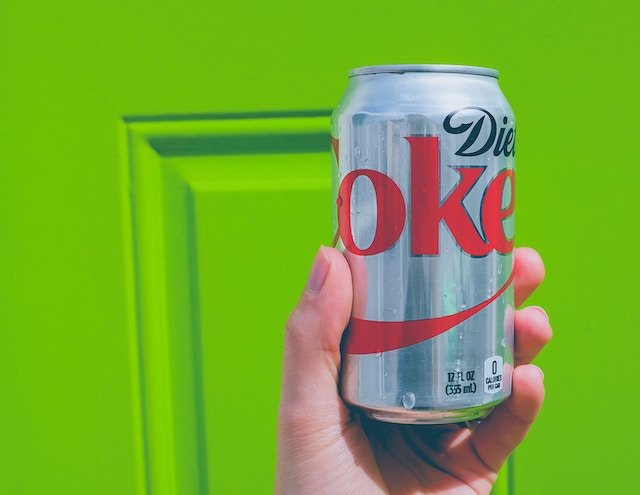
Low-calorie sweeteners are used in place of sucrose, glucose, and fructose. They have an intensely sweet flavor without the calories.
There has been a 200% increase in low-calorie sweeteners usage among children and a 54%increase among adults in the past 20 years.
But recent studies have highlighted potential adverse health effects.
A US study of 5,158 adults over a seven-year period found that those who consumed large quantities of artificial sweeteners gained more weight than non-users.
A recent study from the University of South Australia found that artificial sweeteners may be contributing to type 2 diabetes.
Although many people try to lose weight through artificial sweeteners, these food additives may be doing more harm than good to people’s health.
The study is published in Current Atherosclerosis Reports. One author is UniSA Professor Peter Clifton.
In the study, the team found that people who use low-calorie sweeteners are more likely to gain weight, the exact opposite of what consumers expect.
This is despite controlled clinical trials showing that artificial sweeteners do lead to weight loss.
The team says consumers of artificial sweeteners do not reduce people’s overall intake of sugar.
They use both sugar and low-calorie sweeteners and may psychologically feel they can indulge in their favorite foods.
Artificial sweeteners also change gut bacteria which may lead to weight gain and risk of type 2 diabetes.
Artificially sweetened beverages are also linked with increased risks of death and heart disease, and strokes and dementia among older people, but it is not clear why.
The team says a better option than low-calorie sweeteners is to stick to a healthy diet, which includes plenty of whole grains, dairy, seafood, legumes, vegetables and fruits, and plain water.
Copyright © 2019 Knowridge Science Report. All rights reserved.



